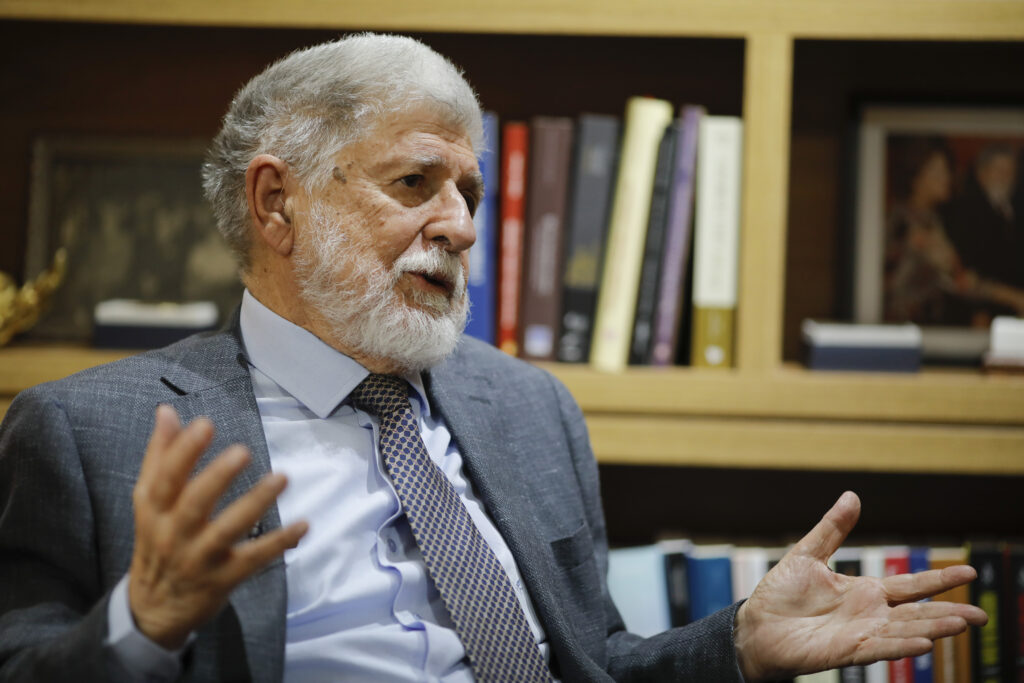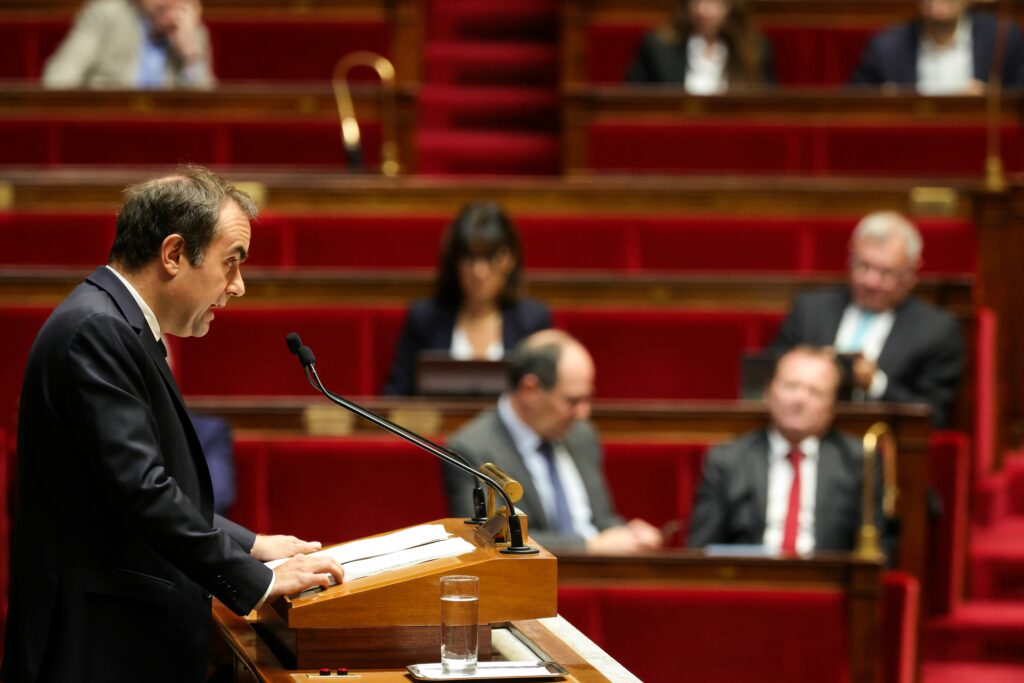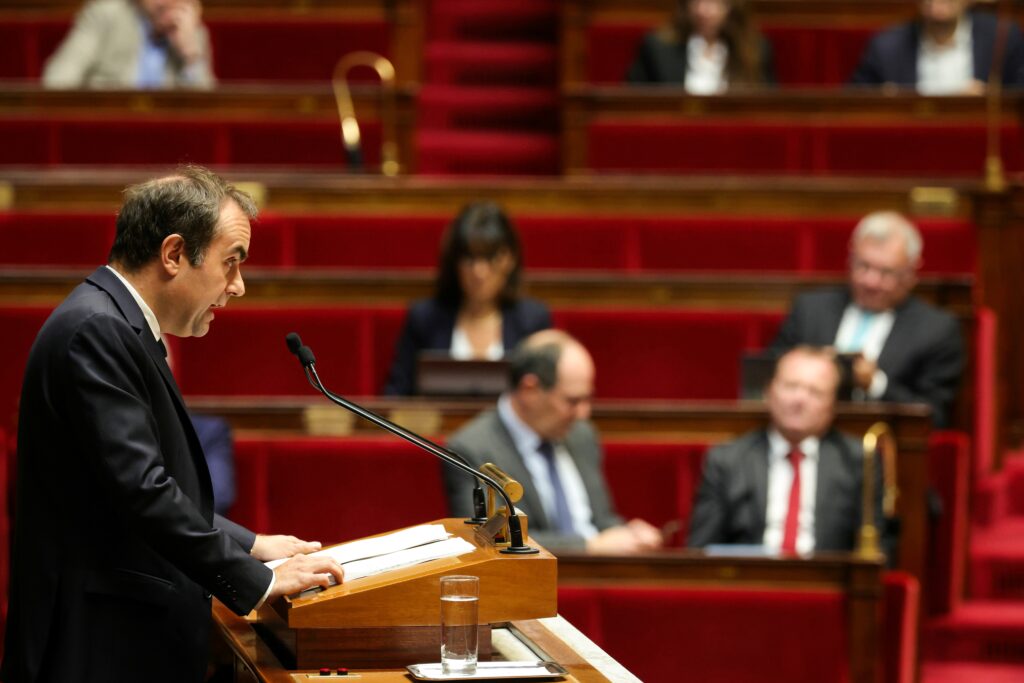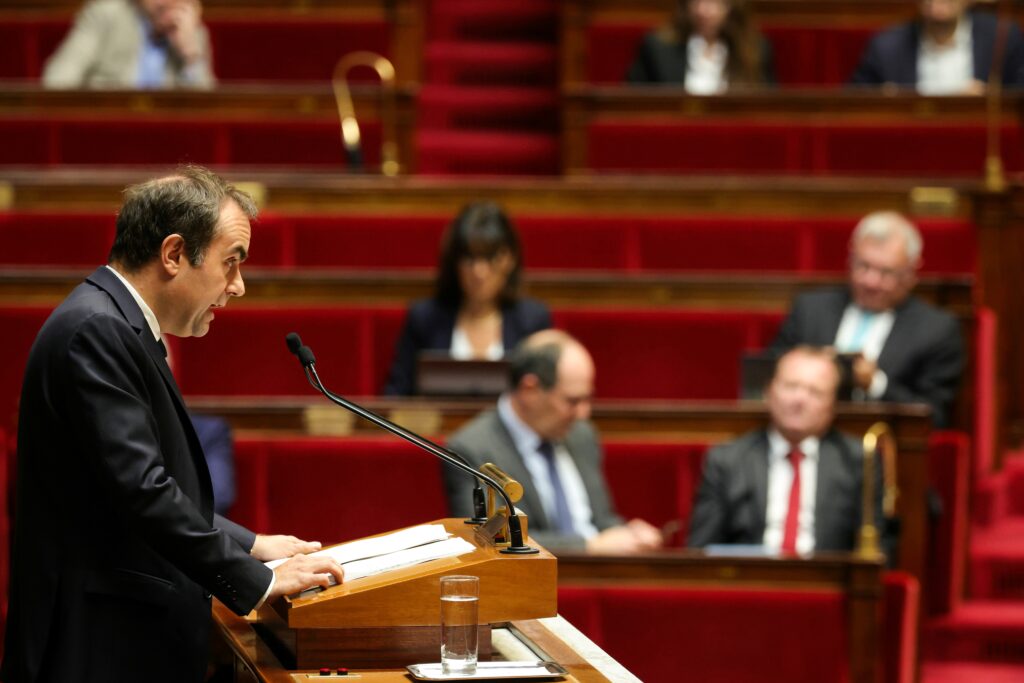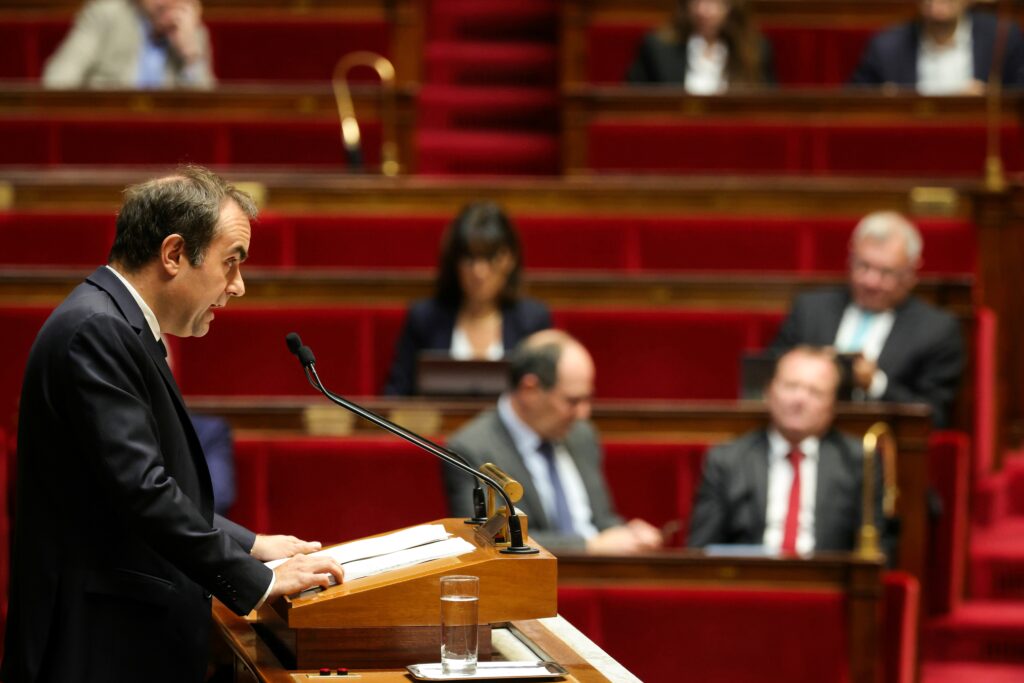US intervention in Venezuela could inflame all South America: Brazil
Brazil fears any US intervention in Venezuela would rile people across South America and trigger upheaval, a foreign policy aide told AFP amid a tense military standoff between Washington and Caracas.US naval forces are stationed in the Caribbean off the coast of socialist-run Venezuela and are destroying boats that Washington says are smuggling drugs toward the United States.On Friday the United States said it was deploying an aircraft carrier and accompanying ships in the military operation that has also spread to Pacific Ocean waters.At least 43 people have been killed in a total of 10 attacks so far.In an interview Thursday with AFP, Celso Amorim, a former foreign minister who now serves as aide to President Luiz Inacio Lula da Silva, expressed concern about the attacks, which he said were carried out without evidence of drug trafficking, and called them “a threat of outside intervention.”Amorim said the attacks could come up at a still-unconfirmed meeting Sunday between Lula and President Donald Trump on the sidelines of an Association of Southeast Asian Nations (ASEAN) summit in Kuala Lumpur, Malaysia.But such a meeting is expected to focus on the 50 percent tariffs that Trump slapped on imports from Brazil as punishment for its prosecution of his ally, the former right-wing president Jair Bolsonaro.Bolsonaro was convicted in September of plotting a coup to stay in power after losing an election to Lula in 2022 and sentenced to 27 years in prison.QUESTION: Will Lula address the US strikes in the Caribbean if the meeting with Trump is confirmed?ANSWER: “That depends on how the conversation develops, if there is receptivity on this issue. Brazil is clearly worried about the threat of the use of force or the threat of covert methods like those of the CIA to topple governments in the region.We do not want upheaval in our region. This could have very serious consequences. There is a threat of outside intervention … people have been killed. I do not know if they were drug traffickers but there is no evidence that they were. It is very dangerous.”Q: What would Brazil’s position be in the event the United States intervenes to overthrow Venezuelan President Nicolas Maduro? A: “Brazil is clearly opposed to outside intervention. The issue of who governs Venezuela is only for the Venezuelan people to decide.”We cannot accept an outside intervention because it will trigger immense resentment. For Brazil and Colombia it could create specific problems involving refugees. It could inflame South America and lead to radicalization of politics on the whole continent.”Q: How can one explain the resumption of dialogue between Brazil and the United States after months of tension surrounding the Bolsonaro trial and tariffs?A: I would say it is a question of common sense on both sides. President Lula is not going to lecture Trump and I hope this goes both ways. There has to be dialogue to seek points of agreement. It is a matter of continuing a positive conversation and above all a good understanding on economic and trade issues.”Q: Do you think Trump has stopped backing the Bolsonaro movement after the former president’s conviction?A: “The word Bolsonaro was not mentioned (when the two presidents spoke by phone on October 6.) In any government there are pragmatic people and ideological people. In this case I think the pragmatists must have spoken with Trump.”
